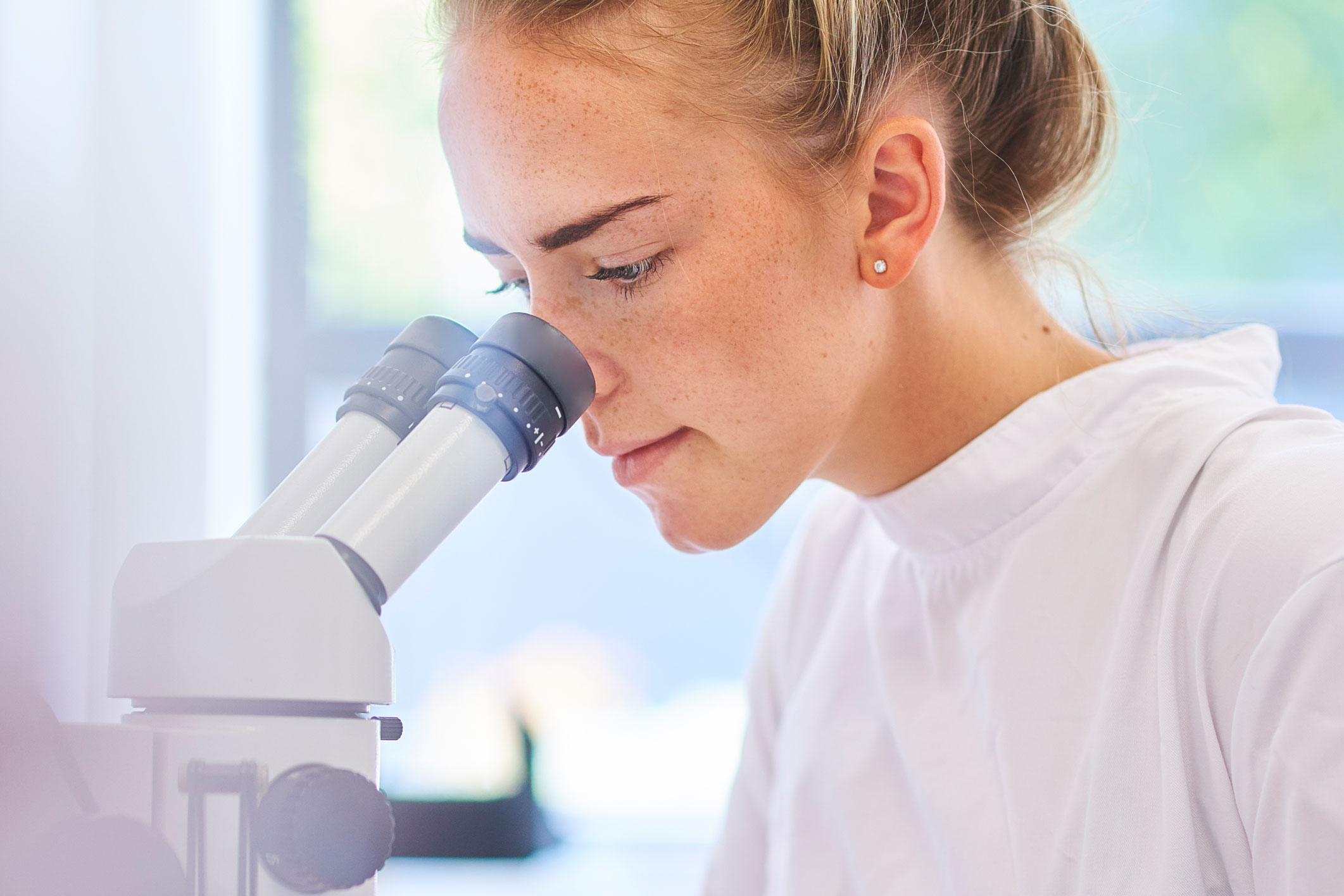
Research activities of the Nancy Laboratory for Hydrology
The Laboratory is developing a program of studies and research on the entire water cycle, from the quality of raw water, used for the production of drinking water, to the consumer's tap, including conditioned water and recreational water and waste matrices (wastewater, sewage treatment plant sludge) also integrating the issues of climate change.
The objective is to understand the processes of contamination of water resources and treated water by emerging substances or microorganisms, to study their transfer and fate in different systems (water table, watercourses, soils, residual matrices) and their behavior in the drinking water supply chains.
Water Chemistry Unit
Plant protection products
Role of dammed ponds in the dynamics of micropollutants at the head of watersheds.
A thesis, in partnership with the National School of Agronomy and Food Industries (ENSAIA) in Nancy, was defended in June 2021. It aimed to establish the role of ponds on the fate of pesticides of agricultural origin and on the quality of watercourses. This work made it possible to evaluate the factors of variability of pond contamination and the role of ponds in the upstream/downstream transfer of pesticides. This subject is being pursued as part of another thesis which began in October 2021 and which aims to study the contamination of Rivers and Ponds by contaminants of agricultural origin at the head of the basin. One of the axes of this work is the characterization of the ecotoxicological effects of pesticide transformation products on aquatic organisms at the head of agricultural watersheds.
Learn more about the thesis
Occurrence of ultra-polar pesticides and their transformation products in drinking water
In collaboration with the Institute of Analytical Sciences (ISA, UMR5280) and the company SUEZ, this study aims, via innovative analytical approaches, to increase knowledge regarding the presence of certain pesticides that have been little investigated due in particular to their strong polarity, as well as their metabolites, in the resource and in drinking water, in connection with agricultural practices. It is financed as part of the Ecophyto II plan.
PESTINTER 2021-2023: Evaluation of the multiple effects (environmental and societal) of the contamination of aquatic ecosystems by pesticides: the case of an interdisciplinary pilot site (la Cleurie, Vosges)
The objectives are to characterize the toxic pressure in situ as well as its effects on organisms that witness water quality, but also the circulation of scientific knowledge produced between the different actors involved locally. To do this, an international consortium (10 French and Quebec partners) brings together recognized and complementary expertise in the field of environmental sciences, which will make it possible to develop an integrative approach to the health of aquatic ecosystems subject to pesticides. Project partners: University of Lorraine / CNRS / UR EABX, INRAE (bioindication, environmental chemistry, pesticides) / UR EMA, INRAE (microbial ecotoxicology) / ETE, INRS (Canada) (bioindication) / TOXEN, UQAM (Canada) (ecotoxicology , glyphosate) / LMGE, CNRS/UCA (trophic ecology, fatty acids) / LOTERR, UL (hydrometry) / CREM, UL (media and communication, environmental controversy) / LRGP, UL (environmental chemistry, organic matter).
PFAS (per- and polyfluoroalkyls)
Since 2009 and the national campaign on the occurrence of perfluorinated compounds in water intended for human consumption, several research topics have been developed to characterize the sources of contamination of this family of compounds, their behavior in drinking water treatment plants and the environmental impacts of their use in controlling hydrocarbon fires. Currently, the laboratory continues to develop analysis methods for PFAS and is working to identify emission sources in the environment.
Other chemical contaminants
Production of unregulated Haloacetic Acids during risk situations linked to a climate change context
In collaboration with LERES (UMR U 1085 Inserm platform) and the University of Marseille-LCE (UMR-CNRS), this study aims to understand the conditions for the formation of emerging disinfection by-products (monohalogenated and mixed haloacetic acids) from the water resource to the points of use (tap and swimming pool), based on risk situations, linked to a context of climate change. The originality of the project lies both in the choice of emerging DBPs (brominated, iodized, mixed), in the global integrated approach “from the resource to the pool” and in taking into account territorial issues linked to climate change. This study is funded as part of the PNREST 2021.
Water Microbiology Unit
Escherichia coli
Thesis work is focusing on the circulation and behaviour of Shiga Toxin-producing E. coli in natural water.
A project involving various ANSES laboratories, including the Laboratory for Hydrology, will aim to characterise antibiotic-resistant E. coli bacteria isolated from the environment.
Virology
The unit assesses methodologies for detecting enteric viruses in water, in order to propose specific protocols for their detection in the event of a waterborne illness outbreak. In 2020, the unit initiated research work on SARS-CoV-2 whose objective is to acquire data on the persistence of its infectivity in water environments.